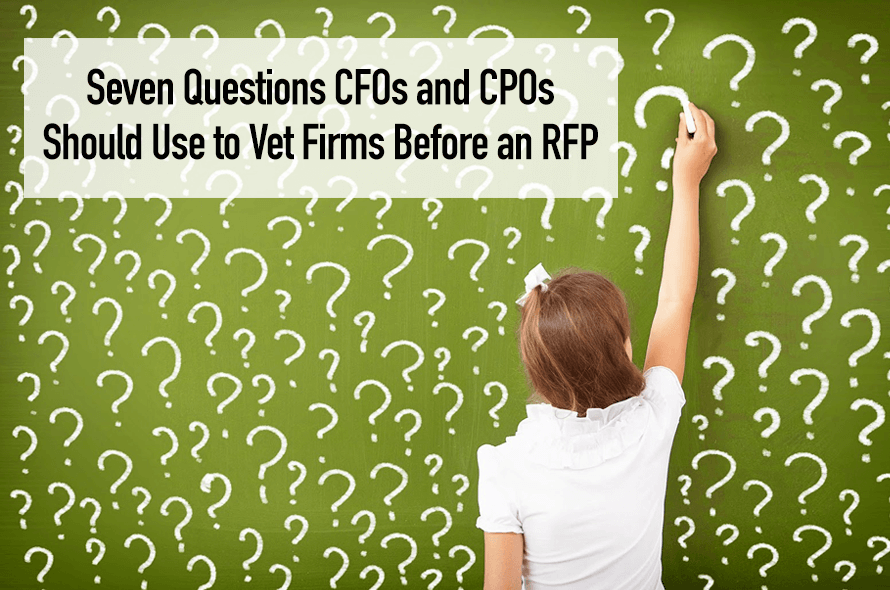Introduction
Many companies do not ask the right questions when evaluating BPO Partners before an RFP. Are you asking the right ones? With this special report by Spend Matters PRO, readers can scrutinize their evaluation process and get better results. By evaluating BPO partners on metrics such as category expertise and their ability to deliver savings, CFOs and CPOs can create a procurement outsourcing partnership that will be long lasting and mutually beneficial.

